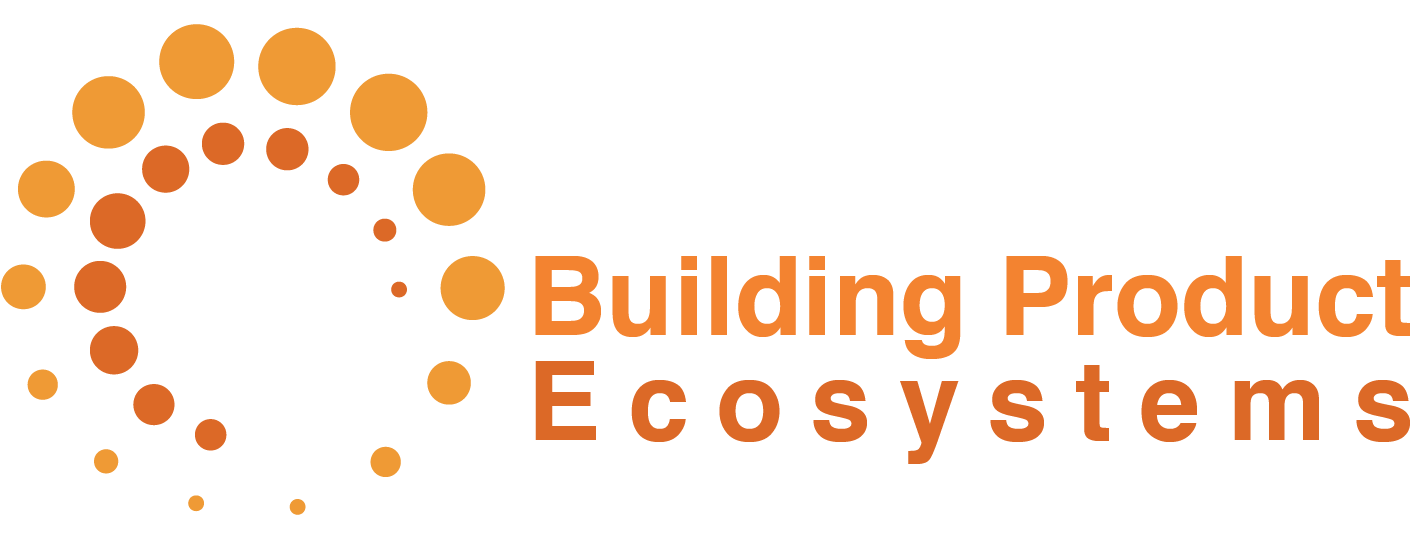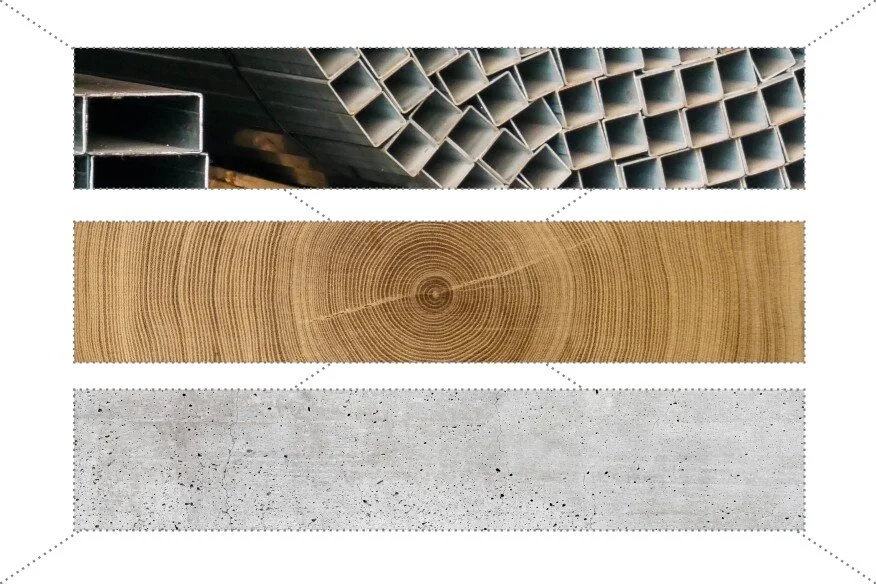As part of Circular City Week New York 2021, BPE founder Amanda Kaminsky will be co-moderating an online panel on “Activating Building Material Reuse,” alongside Allison Arlotta, researcher and Build Reuse Board Member. Register here for the event on Monday, 3/22, 12pm - 1:30pm.
BPE Collaborates on 2020 Publishing of Two ASTM Quality Control Standards
How coronavirus is disrupting US waste and recycling
Cities Wonder Whether Recycling Counts as Essential During the Virus
In Germany, Siemens and Currax collaborate on remote mill operation digitisation, targeting resiliency in crises
New York’s Last Coal-Fired Power Plant Is Closing
C&D World 2020 Las Vegas
Why Coronavirus Will Stimulate Innovation
In addition to the immeasurable suffering and loss of life, the deadly coronavirus is already impacting the world economy, hurting stocks, halting travel and meetings, impacting the daily ritual of going to the office, and quarantining millions. Businesses worldwide are feeling the effect of these changes in behavior, and economists are predicting the virus will result in an economic loss to the tune of hundreds of billions of dollars. But while the grave and tragic human toll of lost-lives cannot be measured, there is a silver lining. If the history of pandemics is a guide, this contagion, like all others, will spark a wave of innovation, proportional to how it alters the shape of society.
Keegan Landfill Closure Order is Signed by the Town, NJSEA and NJ DEP
On March 6, 2020, the New Jersey Superior Court entered a final consent order officially memorializing the settlement between the Town of Kearny, the New Jersey Sports and Exposition Authority (NJSEA) and the New Jersey Department of Environmental Protection (NJDEP) to permanently close the Keegan Landfill. The consent order was negotiated by the parties and terminates the litigation filed by the Town against the NJSEA on April 22, 2019 and against the NJDEP on October 25, 2019.
Coronavirus Is Proving We Need More Resilient Supply Chains
As governments and health care agencies work to stop the spread of Covid-19 and to treat those who are infected, manufacturers in more than a dozen industries are struggling to manage the epidemic’s growing impact on their supply chains. Unfortunately, many are facing a supply crisis that stems from weaknesses in their sourcing strategies that could have been corrected years ago.
Concretising the role of extended producer responsibility
The aim of this paper is to shed light on the main aspects of Extended Producer Responsibility (EPR), a widely used principle of environmental policy, looking through the lens of EU waste law and policy, as this is currently evolving. The main discussion will revolve around the opportunities of moving towards a more effective EPR and adopting more effective policy instruments. Emphasis will be given to the definition of EPR, to its content and to implementation schemes in EU law especially as regards the role of EPR in achieving the challenging targets which exist relating to waste management and product design requirements under the Circular Economy Package, while at the same time highlighting the inter-relationship between waste and product laws.
Saint-Gobain Moves Forward With the Acquisition of Continental Building Products
Saint-Gobain today announces that Continental Building Products (NYSE: CBPX) obtained shareholder approval to be acquired by Saint-Gobain and that the waiting period under the Hart-Scott-Rodino Act has expired thereby satisfying the regulatory approval requirements under the merger agreement. The Group expects the deal to close on February 3, 2020.
Sustainable Building Materials for Low Embodied Carbon
Architect Magazine Releases "The Carbon Issue"
Eagle Materials Gypsum Mine Expansion in CO
U.S. Coal Fired Power Plants Closing Fast
Disposal Capacity Crunch Paves Way for More Industry Consolidation and Price Increases
“WBJ's latest annual report, a mix of new and previously released data derived from facilities around the country, offers an in-depth look at the implications of looming capacity crunches in certain areas. While permitted expansions and possibly even new sites can be expected to change that equation, they haven't kept up at the same pace to offset capacity losses in recent years. And even though some U.S. landfills still have many decades or more of space left, it is becoming increasingly complicated to export the waste to wherever that capacity may be.”
USGS Gypsum Mineral Commodity Survey Update, January 2020
BPE Gypsum Wallboard Jobsite Source Separation Video
Structural Engineers 2050 Challenge
“The goal of the Structural Engineers 2050 (SE 2050) Challenge is to inspire structural engineers to contribute towards the global vision of Zero Carbon buildings by 2050, and to provide measurements of progress towards that vision. Much like the AIA 2030 Challenge does for operational energy in buildings, this SE 2050 initiative will challenge structural engineers to meet embodied carbon benchmarks and increasingly higher reduction targets in a “race towards the most efficient building” as we approach the year 2050.”






















